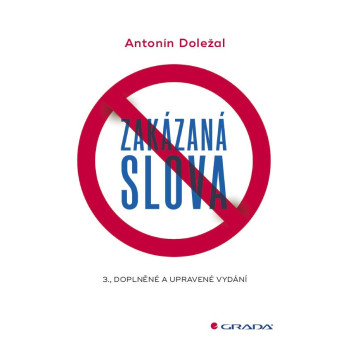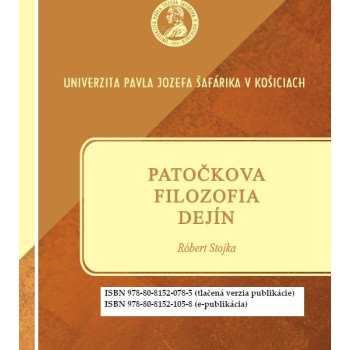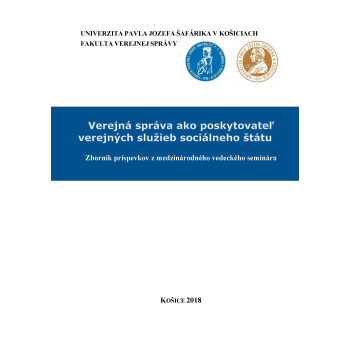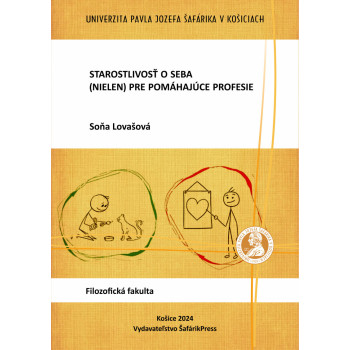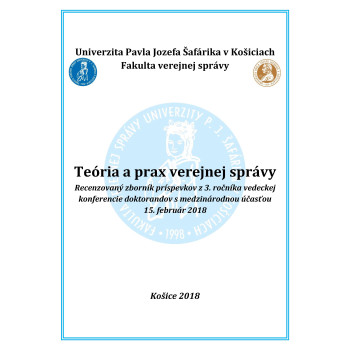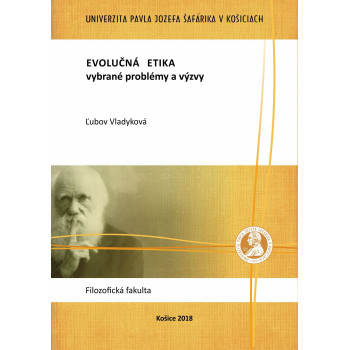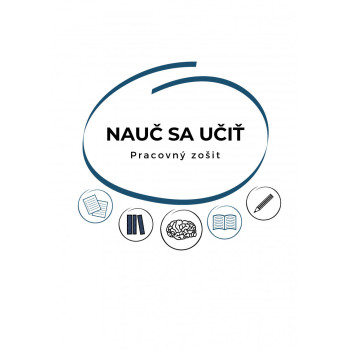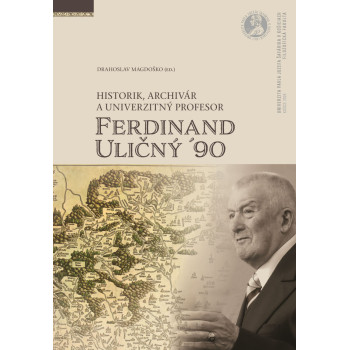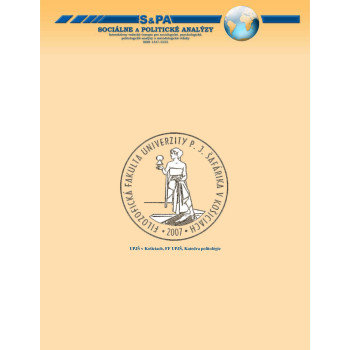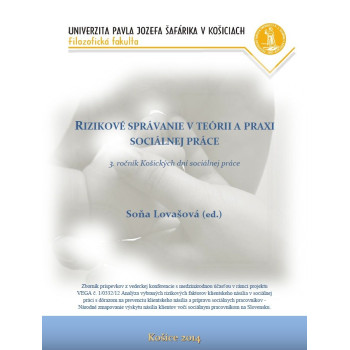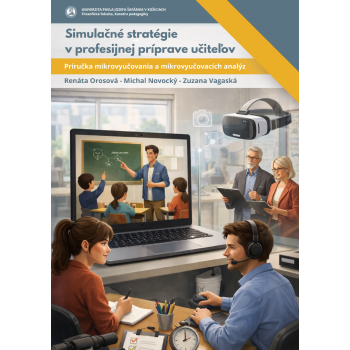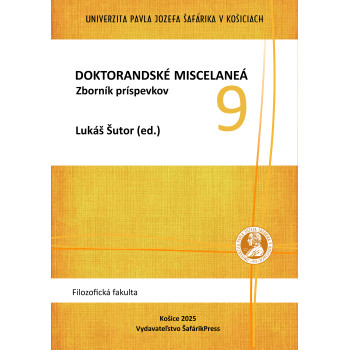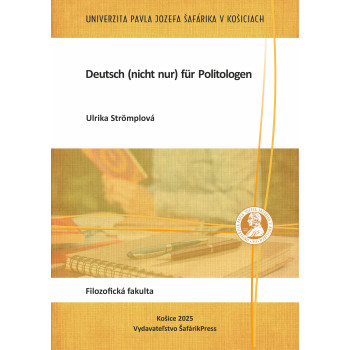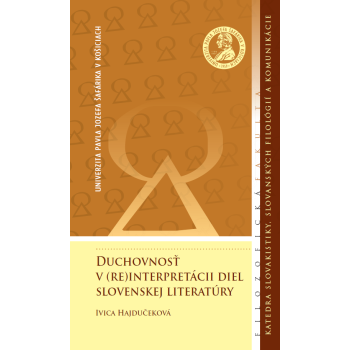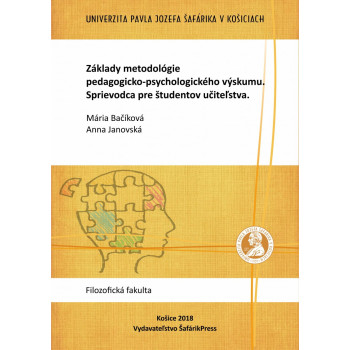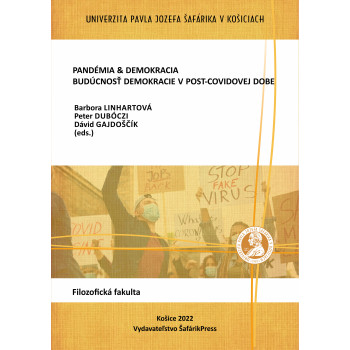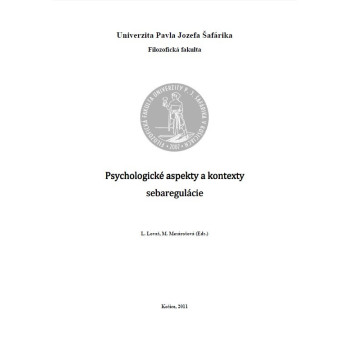E-book
Eva Výrostová (ed.)
Proceedings of the International Scientific Seminar "Public Administration as a Provider of Public Services of a Social State - Utilising Foreign Experience for Reforms in the Slovak Republic" held at the Faculty of Public Administration, UPJŠ, Popradská 66 in Košice on 24 November 2017
Public services represent an increasingly expanding segment of the public sector. This growth can be identified primarily horizontally – from services related to general security and other forms of state functionality, through technical infrastructure, postal and telecommunications services, transportation, and information services, to increasingly emphasized healthcare, cultural, educational, and social services. Simultaneously, the entire structure of public services is expanding vertically, particularly in depth: within each area, the range of provided services is broadening.
In this context, the importance of optimizing the structure of service providers is growing, which is the focus of such reform processes as decentralization, deconcentration, privatization, or other forms of structural transformation. The outcome may vary under different conditions, resulting in diverse provider structures for public services of the social state, where the state and its bodies or organizations continue to hold a significant position.
Consequently, the significance of the public administration model as the primary state provider of these services is increasing: due to these processes, countries develop distinct and sometimes incomparable systems of public service providers, even within state bodies or organizations acting on behalf of the state. However, the varying effectiveness of public service delivery systems by public administration bodies remains a persistent reality.
Download the e-book for free (pdf)
